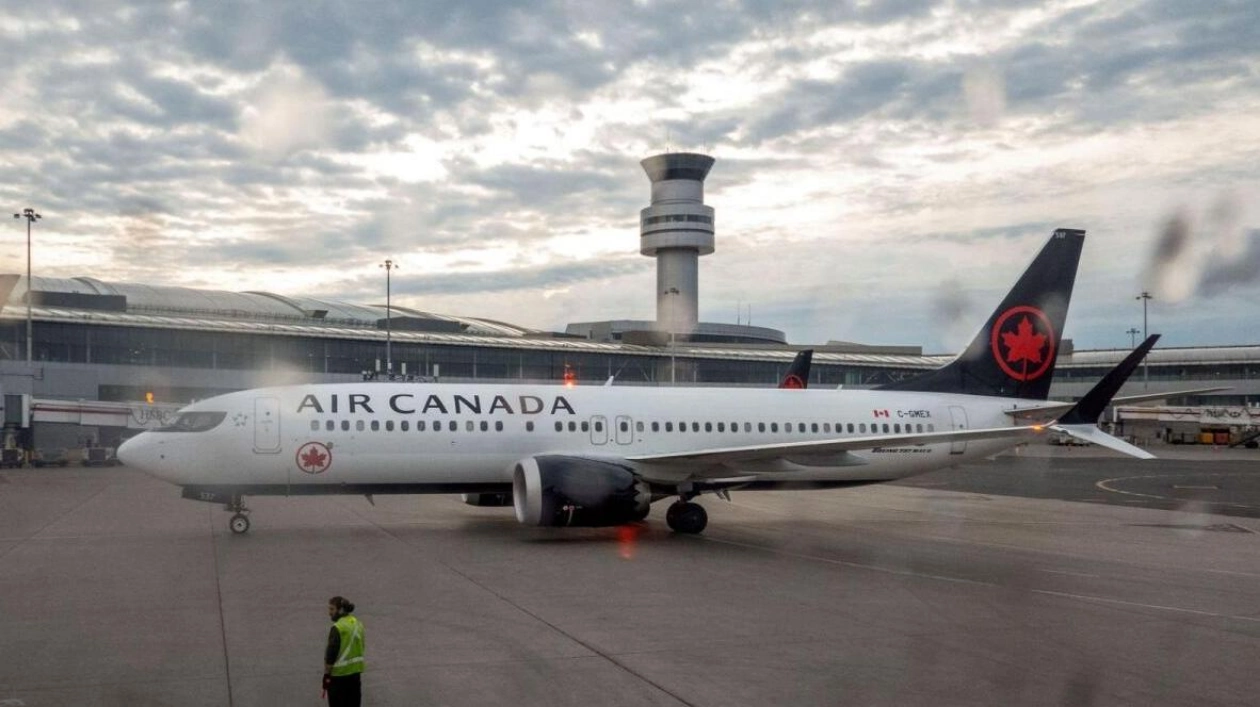Air Canada revised its full-year core profit projection downward on Monday due to overcapacity in specific markets and intense competition on international routes, which has weakened its pricing power and caused a 4% drop in the airline's shares. The surge in carriers trying to capitalize on summer travel demand has compelled airlines to reduce ticket prices to ensure full flights.
The revised forecast takes into account a lower yield environment, lower-than-expected load factors for the second half of the year, and competitive pressures in international markets, according to Canada's largest carrier. Air Canada now anticipates its 2024 adjusted earnings before interest, taxes, depreciation, and amortization (EBITDA) to range between C$3.1 billion ($2.26 billion) and C$3.4 billion, down from its earlier projection of C$3.7 billion to C$4.2 billion. The airline has also adjusted its unit cost forecast, expecting its full-year adjusted cost per available seat mile (CASM) to increase by 2.5% to 3.5%, compared to the previous expectation of a 2.5% to 4.5% rise.
Despite apparent improvements in managing seat mile costs, the demand environment appears weaker than previously anticipated, according to Citi analyst Stephen Trent. Air Canada's preliminary second-quarter operating revenue stood at C$5.5 billion, a 1.7% increase from the previous year, falling short of the average analyst expectation of C$5.65 billion, as per LSEG data. The carrier also forecasts an operating income of C$466 million, significantly lower than the C$802 million recorded a year earlier.






